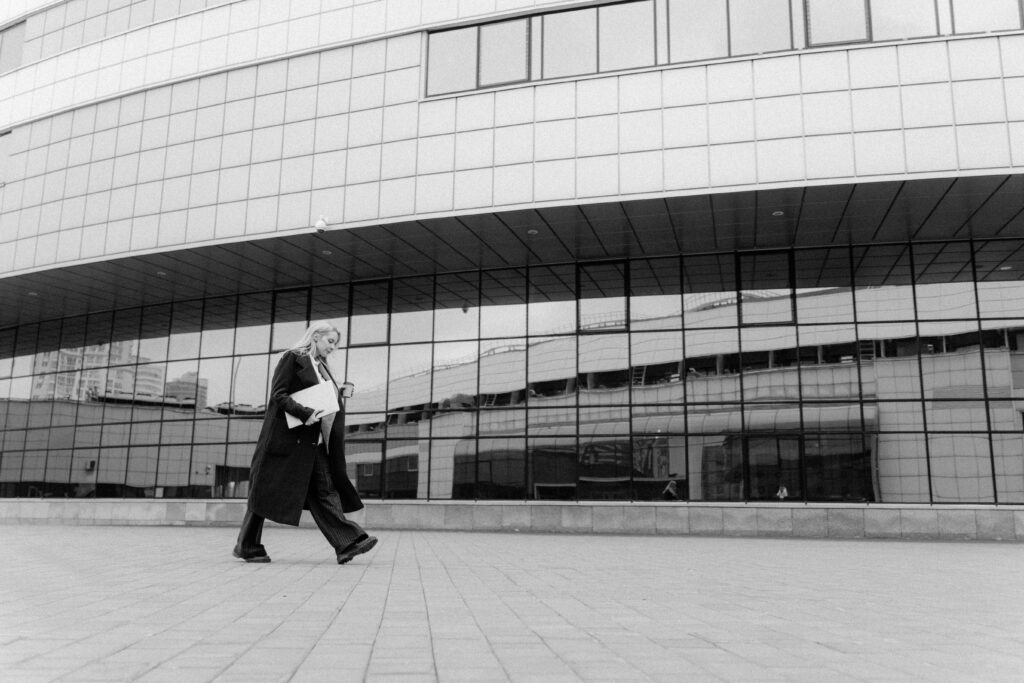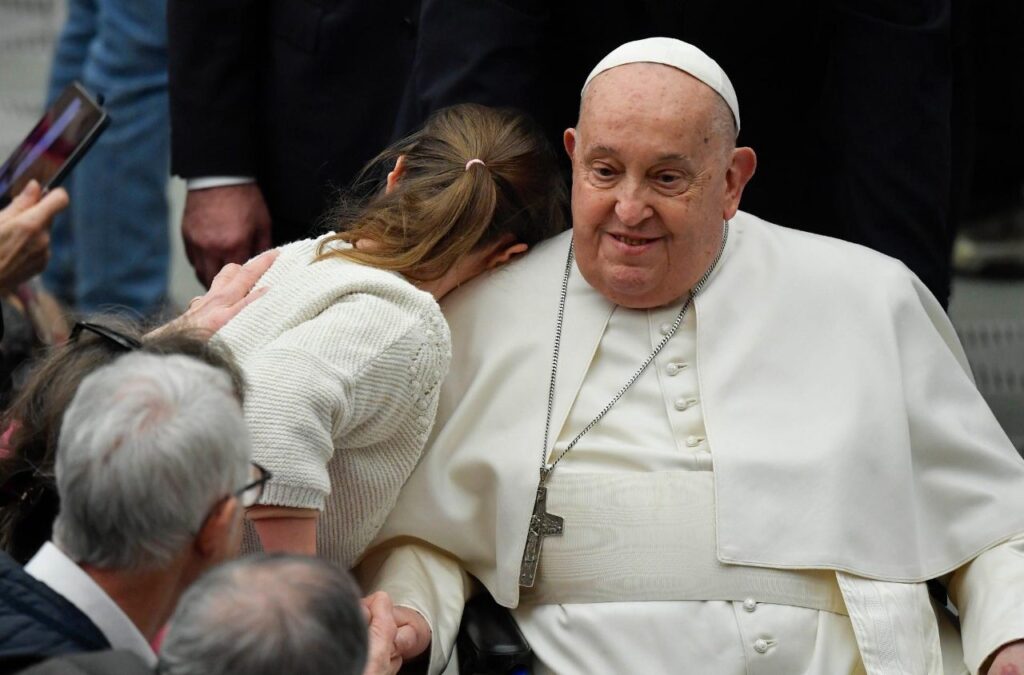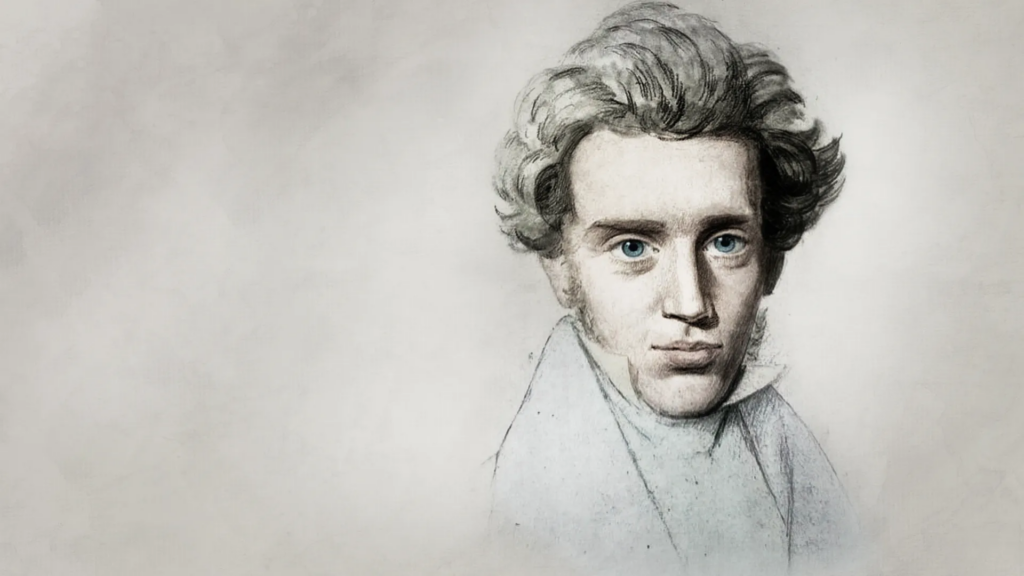Word companies
When the Word has the last word

We are beings of words, of dialogue, of communication. If we lose the value of the word, what do we become?
Unfortunately, we are getting used to “Where I said, I say, I say Diego” too quickly. We observe the lack of respect for the given word in many fields of our lives: lately all too often in the field of politics and the government of the people. The Ecclesiastics already warns us: “Lying is a serious defect for a person, and it is always in the mouths of the ignorant” (Sir 20:24).
Christians celebrate in this Christmas season that the Word has become flesh, that the Word is creative, that in the Word there is life:
“In the beginning, there was already the Word, and the Word was with God, and the Word was God. The Word, in the beginning, was with God. Through the Word everything was done, and without it nothing was done that has been done. In the Word there was life, and life was the light of men” (Jn 1, 1-4)
That is why the word, when it is sincere and born of love, comforts us, has the capacity for connection, is restorative, healing, communicates hope, transmits trust. The word in the human being is the result of being the image and likeness of God.
And in a world where the word loses its value, Christian businessmen and managers have the opportunity to be an instrument of change. Leading teams of people, launching campaigns, designing strategies, … Through two fundamental options, we have the possibility of returning the word to its central place and its profound dimension:
- Fidelity to the given word. The key to achieving this fidelity lies in the intimate connection between what we say and what we do. That is why fidelity to the word is nothing more than a realization in our lives of fidelity to the Word, to God.
- The rejection of all types of corruption. Pope Francis, in a speech to the Catholic businessmen of UNIAPAC, speaks of corruption as a lie and urged businessmen to assume the risk of honesty: “There is a second risk that must be assumed by businessmen. The risk of honesty. Corruption is the worst social plague. It is the lie of seeking personal benefit or that of one’s own group under the appearance of a service to society […] Corruption is becoming a follower of the devil, father of lies.”
Christian businessmen and managers are called to give back to the word all its communicative and creative potential. The current context has made this task prophetic. That is why Christmas takes on an especially deep meaning for us. Making Christmas a time of hope, and, therefore, of trust, is the great challenge that is proposed to us as we face a new year that begins. Because we are convinced that after the word we only have the Word, because we know that the Word has the last word.
Dionisio Blasco España is Territorial Delegate in the Diocese of Malaga and member of the Executive Committee of Business Social Action
Related

Reversing Social Deterioration: A Task That Begins in Business Management
Alejandro Fontana
25 April, 2025
4 min

The Revolution of Tenderness
María Elizabeth de los Ríos
25 April, 2025
3 min

His Hope Does Not Die!
Mario J. Paredes
24 April, 2025
6 min

The Religious Writer with a Fighting Heart
Francisco Bobadilla
24 April, 2025
4 min
 (EN)
(EN)
 (ES)
(ES)
 (IT)
(IT)

